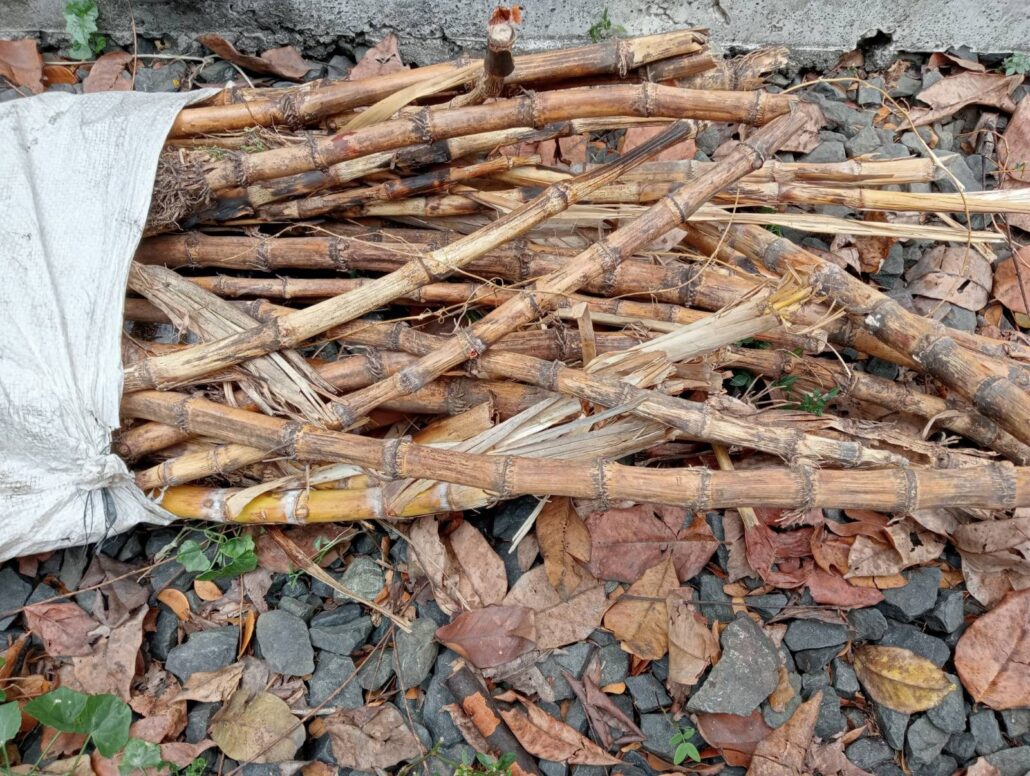Ka Daning Ramos hounded by surveillance, harassment—KMP
Veteran peasant leader Danilo Ramos and the Kilusang Magbubukid ng Pilipinas (KMP) that he leads is worried.
In a statement, the KMP revealed Ramos had been the subject of surveillance and harassment by men suspected to be government intelligence agents in at least two occasions this month.
Motorcyle-riding men had been asking for the whereabouts of Ramos and his residence in Malolos City, Bulacan on January 3 and 15, KMP reported.
“In one incident, one of the men reportedly asked bystanders: ‘Taga-saan ba si Danilo Ramos? Matagal na namin siyang hinahanap kasi terorista siya.’” (Where does Danilo Ramos reside? We have long been looking for him because he is a terrorist.)
“This dangerous and brazen case of terror tagging poses a direct threat to the life of Ka Daning, his family, and other peasant leaders and members of the KMP and the progressive peasant movement,” the group said.
KMP and Tanggol Magsasaka (Defend Farmers) noted that the surveillance and harassment against Ramos have escalated since last year.
The last case of documented surveillance against the KMP chairperson happened in August 2023, the group added.
The victim and Tanggol Magsasaka immediately submitted reports to and held dialogues with the Commission on Human Rights on last year’s incident, KMP said.
Ramos was a survivor of the Mendiola Massacre of January 22, 1987 and went on to become a long-time KMP secretary general.
He succeeded Rafael Mariano as KMP chairperson when the latter briefly served as Department of Agrarian Reform (DAR) secretary in 2016 to 2017.
KMP said despite non-stop harassment against Ramos, the farmer leader remains critical and outspoken on the policies and programs of the Department of Agriculture, DAR and Malacanang that affect farmers and fisherfolk.
The government meanwhile has weaponized laws against the agriculture sector , instead of heeding the plight of farmers and strengthening domestic agriculture, it added.
“We demand a stop to the harassment against Ka Daning (Ramos). We demand a stop to the attacks against farmers and the peasant masses who feed the nation,” KMP in its statement said.
“We call on all democracy-loving individuals and institutions, especially workers, human rights defenders, indigenous peoples’ rights advocates, Church people, environment defenders, and all sectors here and abroad to support Danilo “Ka Daning” Ramos and all farmers fighting against landlessness, injustice, and impunity in the Philippines,” the group concluded. # (Raymund B. Villanueva)


